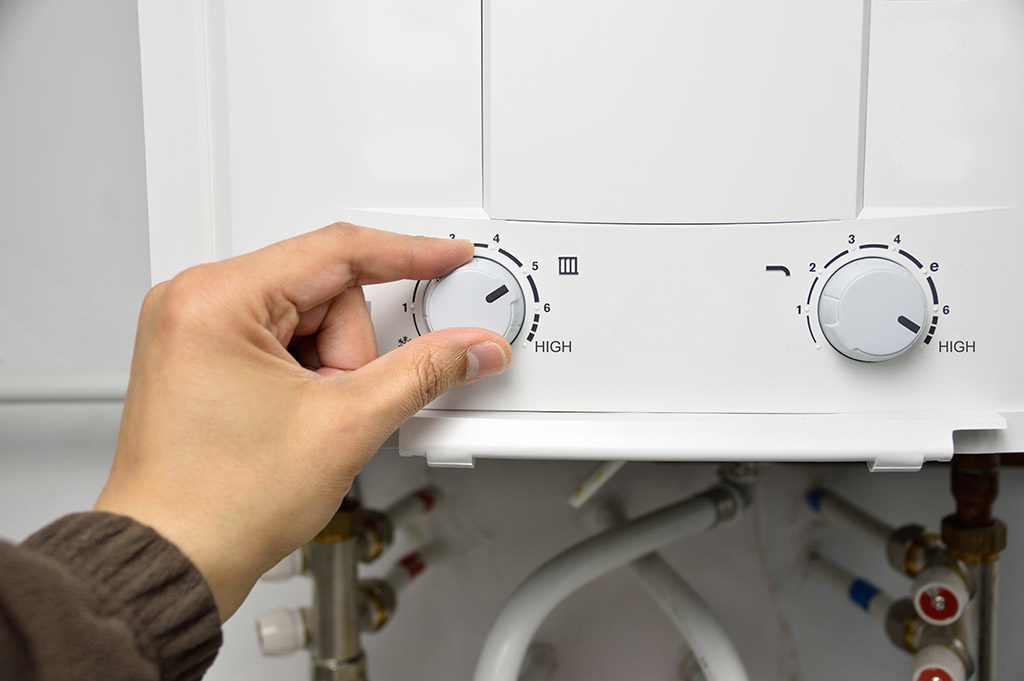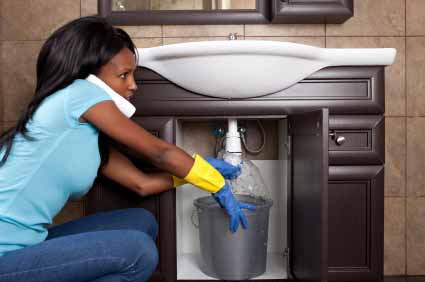Handling the Frequently Encountered Water Heater Emergencies
Handling the Frequently Encountered Water Heater Emergencies
Blog Article
Are you currently trying to find tips concerning Is Your Water Heater Leaking??

A hot water heater is among the most crucial fundamental devices that can be found in a residence. With hot water heater, you don't require to experience the stress of home heating water by hand each time there is a demand to take a bath, do the laundry, or the meals. There is constantly a possibility that your water heating unit would act up as with most mechanical tools.
It is necessary to keep in mind any type of little breakdown and also tackle it quickly prior to things get out of hand. A lot of times, your hot water heater begins to malfunction when there is an accumulation of debris as a result of constant usage. As a preventative measure, regular flushing of your water heater is suggested to prevent debris accumulation as well as avoid useful failing.
Typical water heater emergency situations and also exactly how to deal with them
Dripping water heater tank.
A dripping tank could be an indicator of rust. It can trigger damage to the floor, wall surface as well as electric devices around it. You might even go to threat of having your house swamped. In this circumstance, you should turn off your water heater, enable it to cool off, as well as meticulously look for the source of the issue. Sometimes, all you require to do is to tighten up a few screws or pipe connections in cases of small leakages. If this doesn't work as well as the leakage continues, you could require to utilize the solutions of a service technician for an ideal substitute.
Varying water temperature.
Your hot water heater can start generating water of different temperature levels generally ice cool or hot warm. In this scenario, the first thing you do is to make certain that the temperature is readied to the wanted level. If after doing this, the water temperature level keeps altering during showers or other activities, you may have a defective thermostat. There might be a requirement to replace either the thermostat or the home heating system of your water heater.
Inadequate warm water
It may be that the water heating unit can not support the hot water demand for your home. You can update your water heating unit to one with a larger capability.
Tarnished or stinky water
When this occurs, you require to understand if the concern is from the water or the tank source. If there is no amusing smell when you run cold water, then you are certain that it is your water heating system that is damaged. The smelly water can be caused by corrosion or the accumulation of microorganisms or debris in the water heating unit tank.
Conclusion
Some home owners overlook little caution as well as minor faults in their water heater system. This only results in further damages and also a feasible complete malfunction of your device. You ought to take care of your hot water heater mistakes as quickly as they come near prevent even more costs and also unneeded emergency troubles.
With water heating units, you do not require to go with the anxiety of home heating water by hand every time there is a requirement to take a bath, do the laundry, or the dishes. Your water heating system could begin creating water of various temperature levels generally ice cold or hot hot. It may be that the water heater can't sustain the hot water need for your home. If there is no amusing scent when you run cold water, after that you are particular that it is your water heater that is damaged. The smelly water can be created by corrosion or the accumulation of bacteria or debris in the water heating unit storage tank.
Water Heater Burst: Why This Happens And What To Do Next
Water Heater Explosion Warning Signs
Since storage water heaters are made of metal and store large volumes of heated water, they carry an increased risk of leaking or even exploding as they begin to rust at the fittings and seams over time. If the thermostat controlling the water temperature within the tank is faulty, or if mineral buildup inside the water heater prevents the thermostat from sensing the water’s temperature correctly, the water could become overheated. This will expand its volume within the tank, causing it to press at the tank’s fittings and seams. If these fittings and seams are rusted or corroded, the pressure could result in a leak or even an explosion.
Here are some risk factors and warning signs of an increased risk of water heater leak or explosion:
Your water heater is more than 10 years old. Your water heater makes clanking, banging or rumbling noises as it heats up, indicating that sediment has built up and hardened inside the tank. There is visible rust on the outside of the water heater, especially located at the pipe fittings or the seams that run down the tank. There is rusty water coming from your water heater, indicating that there may be rust building up inside. Your water heater is leaking, which could indicate either a crack somewhere in the tank or a malfunctioning temperature-and-pressure (T&P) relief valve. What To Do When Water Heater Leaks
If you find water dripping or seeping out of your water heater, or pooling around it, it means your water heater is leaking. If you find a leak, it may be best to call a plumbing professional to diagnose the problem and determine how best to handle it. If you choose to tackle it on your own, there are a few things you can do.
TURN OFF THE POWER
Next, shut off the power to the hot water tank at your home’s electrical breaker box. If you don’t shut off the power, the heating elements within the tank could continue to stay hot, which could pose a fire risk.
If you have a gas-powered water heater, you’ll also need to shut off the gas line leading into the tank.
FIND THE LEAK
Now it’s time to determine where the leak is coming from. Likely locations are the T&P valve, the drain valve or one of the pipes or fittings that feed into the top of the tank. If you see any rust or corrosion on the outside of your water heater’s tank, pipes or fittings, these could also be the source of the leak.
REPAIR THE LEAK
Once you determine the source of your water heater leak, you’ll have a better idea of what steps you need to take to fix the problem. It may be a simple fix—such as using a wrench to tighten fittings or replacing the T&P valve—but it may be something more complicated. You may even need to drain the tank, remove the water heater and install a new one.
https://www.abchomeandcommercial.com/blog/water-heater-burst/

I discovered that content about The Importance of Water Heater Maintenance when doing a search on the search engines. Kindly take the opportunity to share this blog post if you enjoyed it. I am grateful for your time. Visit us again soon.
Pro help? Call now! Report this page